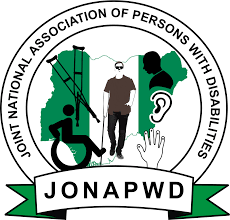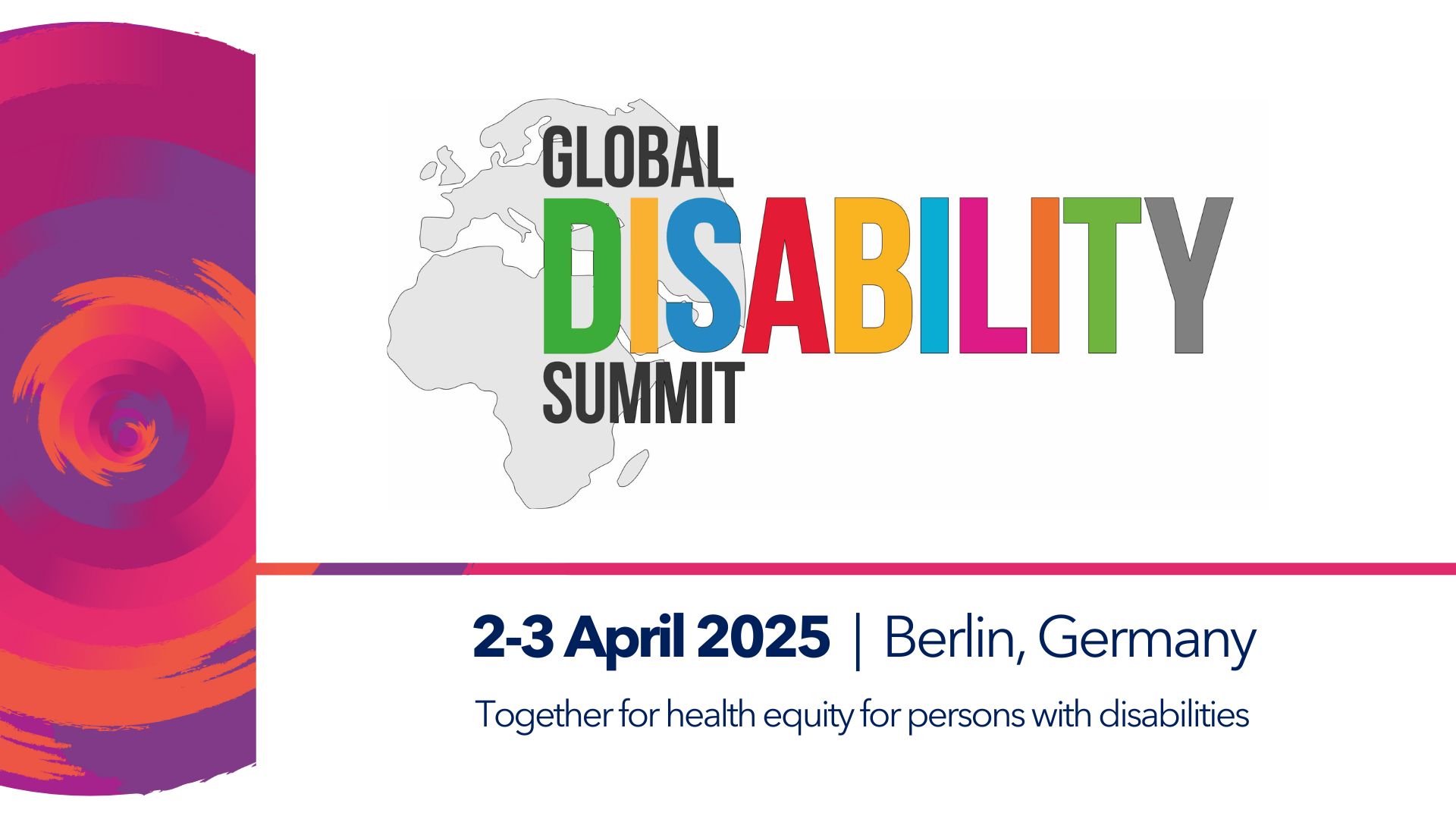In a significant development for Nigeria’s disability community, the Joint National Association of Persons with Disabilities (JONAPWD) has highlighted the critical importance of meaningful engagement as the nation prepares for the upcoming 2025 Global Disability Summit (GDS) in Berlin, Germany.
According to JONAPWD National President Aliyu Abdullahi, this year’s summit represents a watershed moment compared to previous editions, with disability organizations now playing a central role in shaping Nigeria’s national commitments.
“The 2025 Global Disability Summit marks a turning point for our disability community,” Abdullahi explained. “Unlike past summits where our input was limited, this year’s process ensures commitments genuinely reflect the lived experiences and challenges faced by persons with disabilities across Nigeria.”
The third edition of the Global Disability Summit, scheduled for April 2-3, 2025, in Berlin, will be co-hosted by Germany, Jordan, and the International Disability Alliance (IDA) under the theme “Amplifying the leadership of persons with disabilities for an inclusive and sustainable future.” The summit will offer both in-person and virtual participation options.
Theophilus Odaudu, Program Officer for West Africa at the Disability Rights Fund, expressed optimism about the potential outcomes of this year’s summit. “With all disability clusters involved in drafting our national commitments, we expect more realistic and impactful results that address core challenges and improve economic inclusion,” Odaudu stated.

The Albinism Association of Nigeria (AAN), led by Dr. Bisi Bamishe, has been instrumental in representing persons with albinism and other marginalized groups in the preparatory process. Through their “Voices from the Field” project, funded by the Disability Rights Fund, the AAN has collaborated with JONAPWD, the National Commission for Persons with Disabilities (NCPWD), and various stakeholders to ensure comprehensive disability advocacy.
Joseph Akuse, Program Manager of the Albinism Association of Nigeria, detailed their methodical approach to developing inclusive commitments. “We began by gathering inputs from persons with albinism and other marginalized groups, then refined these commitments with stakeholders to ensure alignment with disability rights priorities,” Akuse explained.
The validated commitments were subsequently presented to the Federal Ministry of Humanitarian Affairs and Disaster Management, providing a strong national position for GDS 2025. Before final submission, OPD cluster heads reviewed the document to ensure inclusivity and alignment with community priorities.
Looking ahead, disability rights advocates have outlined a multi-pronged strategy that includes awareness campaigns, policy lobbying, strengthened collaborations between OPDs, government agencies, and international partners, as well as enhanced global engagement to position Nigeria as a leader in disability inclusion internationally.
This renewed approach to the GDS 2025 signals a significant shift in Nigeria’s disability advocacy landscape, with organizations of persons with disabilities now taking center stage in shaping national commitments. The focus has now shifted to sustained engagement, implementation, and monitoring to ensure these commitments translate into meaningful action nationwide.
The Global Disability Summit, established in 2017, serves as a convergence point for global, regional, and national stakeholders united in their mission to foster disability-inclusive development and humanitarian action, particularly in the Global South.

